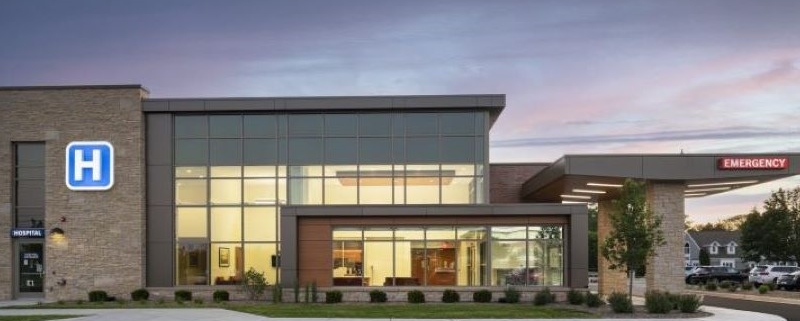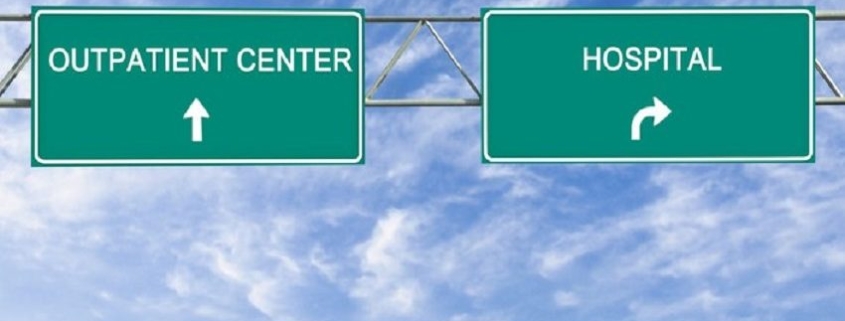Micro-Hospitals Continue To Make Inroads In US Healthcare
Sila Realty Trust just announced completion of an $85.5 million healthcare portfolio acquisition whose assets were either micro-hospitals or a facility to offer similar services. It was the latest illustration of the continued growth of this healthcare trend.
The portfolio, located in Arizona and Texas, comprise four built-to-suit micro-hospitals and one freestanding emergency department, totaling approximately 158,000 square feet on a combined 17.5 acres. Each of the micro-hospitals is licensed for 8-inpatient beds, and offers a 13-bed emergency department, operating room, laboratory, diagnostic imaging suite, and a pharmacy. The freestanding emergency department is a 13-bed full-service emergency center, constructed to also offer the same services as the micro-hospitals.
Micro-hospitals have been growing in importance for at least a half dozen years. They are inpatient facilities with a handful of short-stay beds offering some of the same services as larger hospitals—typically emergency services, imaging, pharmacy, lab work and sometimes even outpatient surgeries and primary care—but are cheaper to operate.
Healthcare loves them and their ability to offload demand from large institutions while surgically, if you will, addressing markets. Net lease loves them for their ability to expand need for real estate in areas that might not be able to support a major hospital.
A new example is the micro-hospital expected to open next month in Bellevue, Wisconsin. The Green Bay ER & Hospital is run by Nutex Health, a Houston-based company. It will have six overnight beds and have an emergency department as well as imaging and lab services. There are inpatient and outpatient suites, including pediatric rooms and separate isolation rooms, but no operating rooms.
“We want to start smaller and grow with the community,” facility administrator Sonja Hansen told the Green Bay Press Gazette. “Whether 10 people come through the day or we have 30, we can meet those needs.”
ChristianaCare, which operates three hospitals in northern Delawareand the surrounding area, is expanding into southeastern Pennsylvania through a joint venture with Emerus Holdings, reported the Delaware Business Times. The JV will open three micro-hospitals by 2025 with health and wellness centers and potentially primary care, outpatient diagnostics, and other specialty services.
Source: GlobeSt.



